Recently I was struck by a comment from the St Louis County Police Department, that in predominately black communities such as Ferguson, the police practice a “zero tolerance” policy. So if you’re pulled over for almost anything, and they do that fairly often in these communities, and you have an outstanding warrant or even a traffic violation, they arrest you on the spot. This doesn’t happen in primarily white communities. Not surprisingly, black residents see this as racial profiling. (Source: NPR, Zero-Tolerance Policing is Not Racism, Say St Louis-Area Cops)
The Privilege Economy
That naturally leads me to the recent essay Social Enterprise and Privilege Economy, by Kevin Lynch, CEO of the Social Enterprise Alliance. Those with privilege contribute to and benefit from the “Privilege Economy” every day of their lives.
While those who don’t have that privilege — Kevin mentions young, black, uneducated, inner city, and there are many others — often find themselves on the wrong end of the economic scale, and, as we’ve seen in Ferguson, the wrong end of the law.
Kevin confesses that he participated in illegal activity for many years. However, being white, middle-class, suburban, healthy, his privilege protected him. He even had a “skirmish” with the law at age 20, but got off with just a hand slap. No zero-tolerance for him.
Nor for me. I have led a similarly privileged life. I could easily have served jail time for the various felonious things I did. Yet I got off easily, a skirmish here, hand slap there. And just like Kevin, I picked up a good education, well-paid jobs, savings — all guided along with that invisible hand of privilege.
 Invisible Capital
Invisible Capital
What does this have to do with social enterprise?
Kevin points out the flawed Myth of the Privilege Economy: that rewards go to those who work hard and persevere. Actually, to a large extent, rewards go to those with “Invisible Capital“: your cultural skills, social skills, language skills, networks, how you talk, look, who you know. Most of those are the result of your privilege, not your hard word.
This is what I would call the Privilege Economy’s Rulebook:
- If you’ve got privilege, you get many opportunities to succeed.
- If you don’t, you get zero tolerance.
Economic Justice Economy
In contrast, Kevin argues, social enterprise replaces that framework with one focused on economic justice. It shifts the metric for success from privilege to social enrichment. It aspires to create success outside the privileged class, to open up economic opportunity for the least privileged among us.
And it seeks to influence the larger mainstream economy, to demonstrate that total economic returns aren’t the only measure that matters. That it’s also important to evaluate who gets those returns. And to figure how to do things so that more of those returns, those opportunities, go to those with less privilege.
Social enterprises do that every day.
What do you think? How has privilege helped (or hindered) your path?
Good luck!
- Copyright © 2014 Rolfe Larson Associates
- Venture Forth! endorsed by Paul Newman of Newman’s Own



